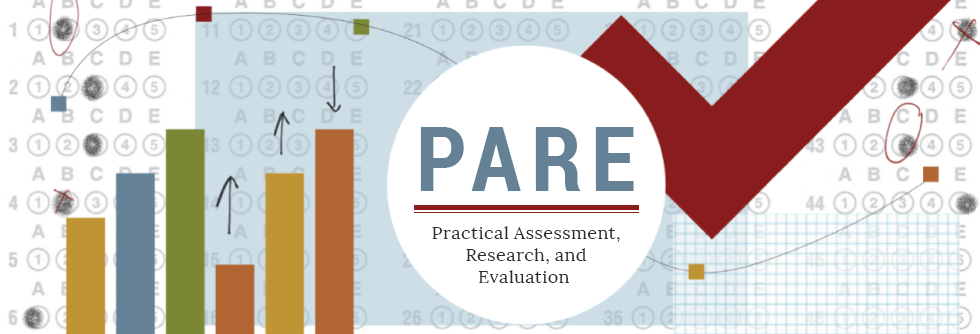Quasi-Experiments in Schools: The Case for Historical Cohort Control Groups
DOI
https://doi.org/10.7275/17hj-1k58
Abstract
There is increased emphasis on using experimental and quasi-experimental methods to evaluate educational programs; however, educational evaluators and school leaders are often faced with challenges when implementing such designs in educational settings. Use of a historical cohort control group design provides a viable option for conducting quasi-experiments in school-based outcome evaluation. A cohort is a successive group that goes through some experience together, such as a grade level or a training program. A historical cohort comparison group is a cohort group selected from pre-treatment archival data and matched to a subsequent cohort currently receiving a treatment. Although prone to the same threats to study validity as any quasi-experiment, issues related to selection, history, and maturation can be particularly challenging. However, use of a historical cohort control group can reduce noncomparability of treatment and control conditions through local, focal matching. In addition, a historical cohort control group design can alleviate concerns about denying program access to students in order to form a control group, minimize resource requirements and disruption to school routines, and make use of archival data schools and school districts collect and find meaningful. Accessed 12,614 times on https://pareonline.net from June 23, 2014 to December 31, 2019. For downloads from January 1, 2020 forward, please click on the PlumX Metrics link to the right.
Creative Commons License

This work is licensed under a Creative Commons Attribution-NonCommercial-No Derivative Works 4.0 International License.
Recommended Citation
Walser, Tamara M.
(2019)
"Quasi-Experiments in Schools: The Case for Historical Cohort Control Groups,"
Practical Assessment, Research, and Evaluation: Vol. 19, Article 6.
DOI: https://doi.org/10.7275/17hj-1k58
Available at:
https://scholarworks.umass.edu/pare/vol19/iss1/6
